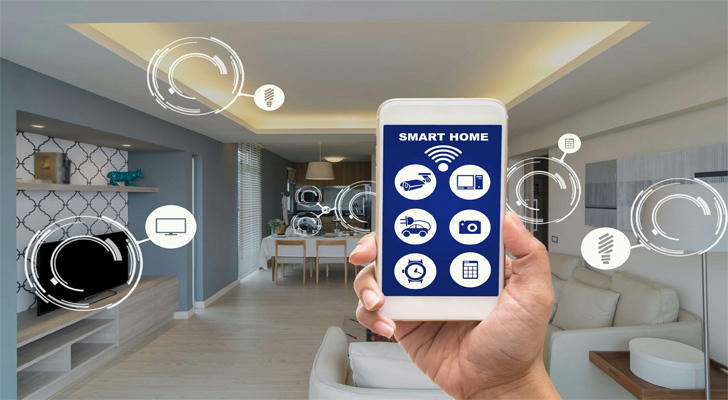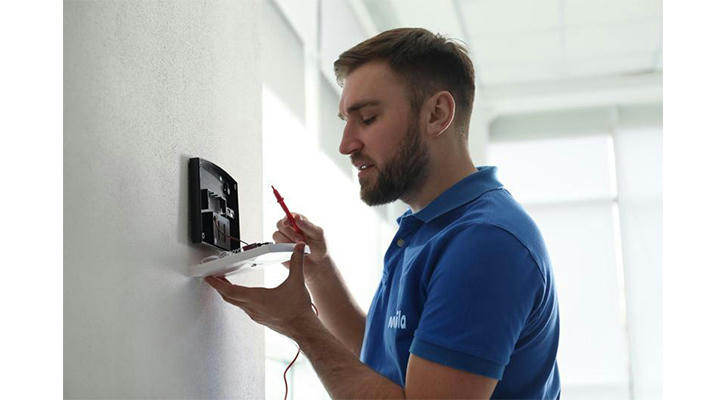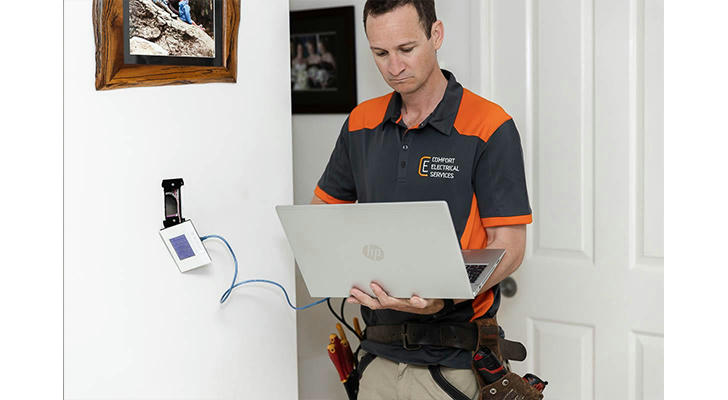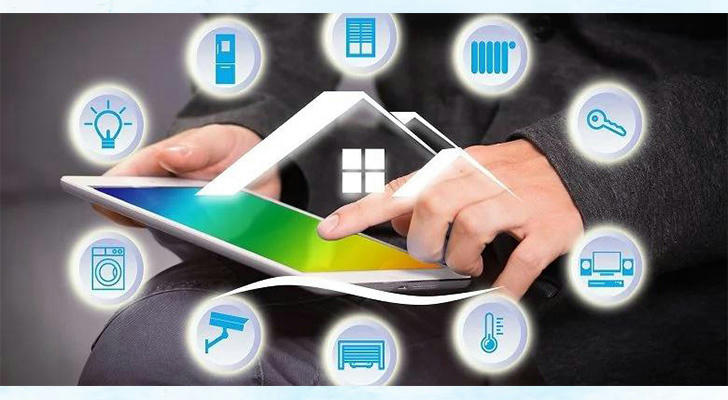The Career Prospects for Electricians in the Era of Smart Homes and IoT
With the rapid advancement of technology, the concepts of smart homes and the Internet of Things (IoT) are increasingly permeating our lives. Smart bulbs, smart locks, and smart appliances are emerging, bringing unprecedented convenience and comfort. In this era of automation, what does the career outlook for traditional electricians look like?

Skills Required for Electricians in the Smart Home and IoT Era
•Networking Knowledge: Understanding of local area networks (LAN), wireless networks, and the ability to configure and troubleshoot networks.
•Programming Skills: Proficiency in basic programming languages such as Python or C++ to program and debug smart devices.
•IoT Protocols: Familiarity with IoT protocols like MQTT and CoAP to enable device interconnectivity.
•Cloud Platform Usage: Skilled in using cloud platforms for device management, data analysis, and remote control.
•System Integration: Ability to integrate various smart devices into a unified system for comprehensive smart control.

Career Development Directions for Electricians in the Smart Home Era
•Smart Home System Integration Engineer: Responsible for the overall design, installation, and commissioning of smart home systems.
•Smart Home After-Sales Service Engineer: Provides maintenance, repair, and technical support for smart home devices.
•Smart Building Systems Engineer: Applies smart home technology to building automation systems.
•Renewable Energy Technology Engineer: Engages in the installation and maintenance of renewable energy systems such as solar and wind energy.

Challenges and Opportunities for Electricians in the Smart Home Era
Challenges:
•Rapid Skill Updates: Continuous learning of new technologies is required to keep up with industry developments.
•Increased Competition: The influx of talent into the smart home industry intensifies competition.
•Security Issues: Smart home systems pose security risks that require enhanced protective measures.
Opportunities:
•Broad Market Potential: The smart home market is vast, offering numerous employment opportunities.
•Higher Salaries: Electricians who acquire new skills can command higher wages.
•Expanded Career Paths: Opportunities to advance into roles such as smart home system integrators or project managers.

Case Study
Old Wang is an electrician with 20 years of experience. As smart home technology became more popular, his company began taking on more smart home installation projects. Initially unfamiliar with these new devices, Old Wang benefited from company-sponsored training, learning about smart home system principles, installation methods, and troubleshooting. Now, he not only installs smart lights and locks proficiently but also designs customized smart home solutions for clients. His income has doubled, and he finds his work more fulfilling.
Conclusion
The advent of the smart home era has had a profound impact on the electrician profession. The role of traditional electricians is evolving beyond basic wiring and maintenance to include a broader range of skills. Electricians now need to master networking, programming, and IoT protocols to design, install, and maintain smart home systems. Additionally, the growth of the smart home industry offers electricians more career opportunities and higher salaries.
